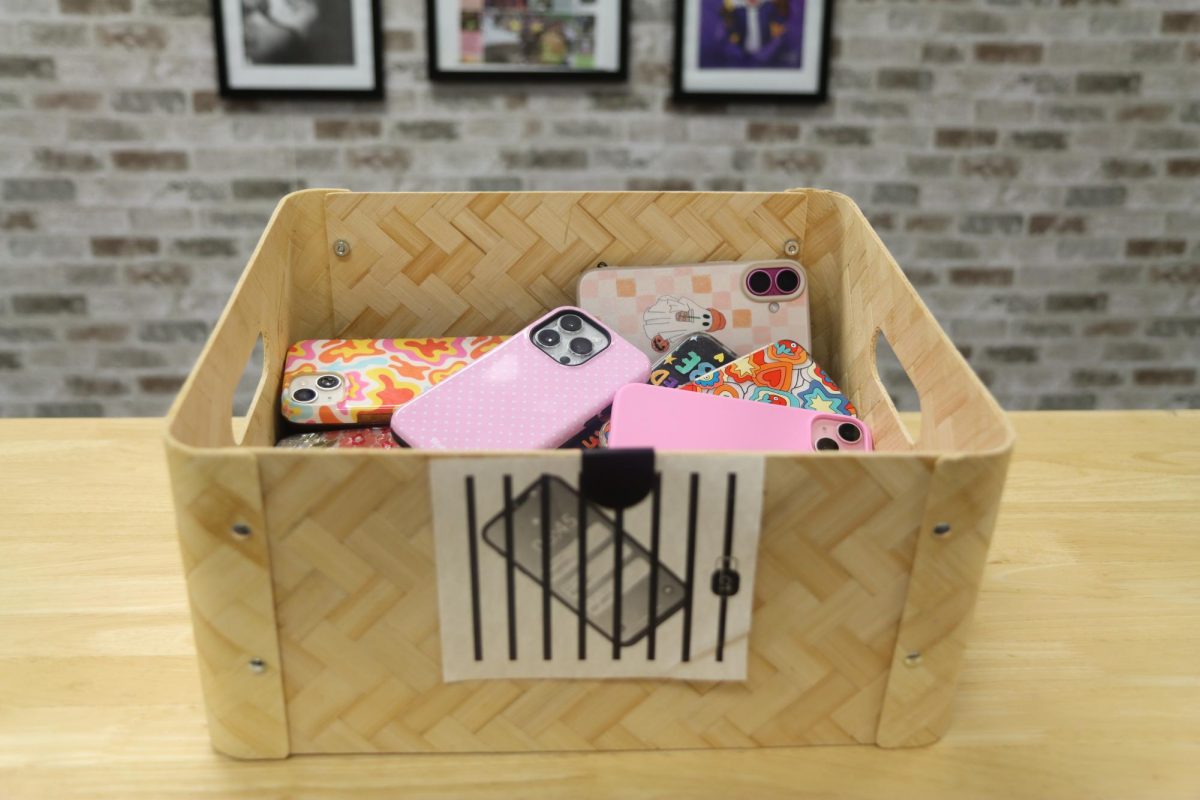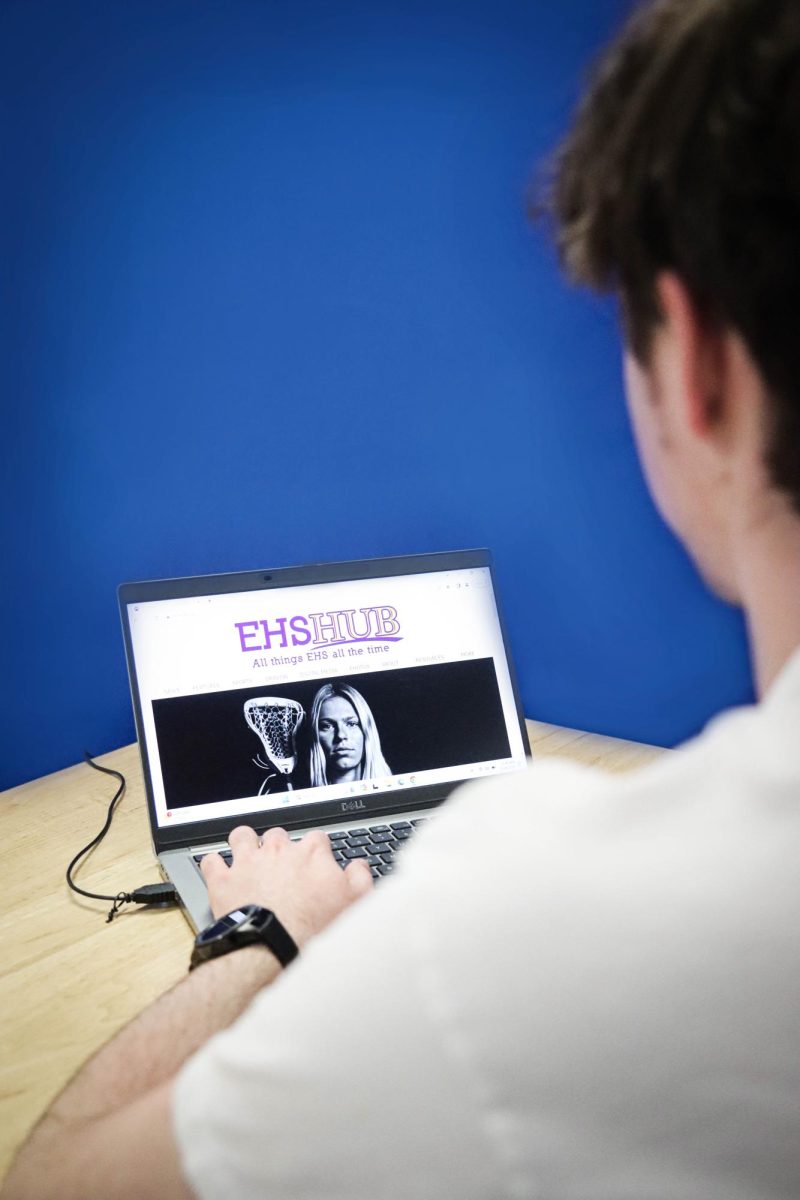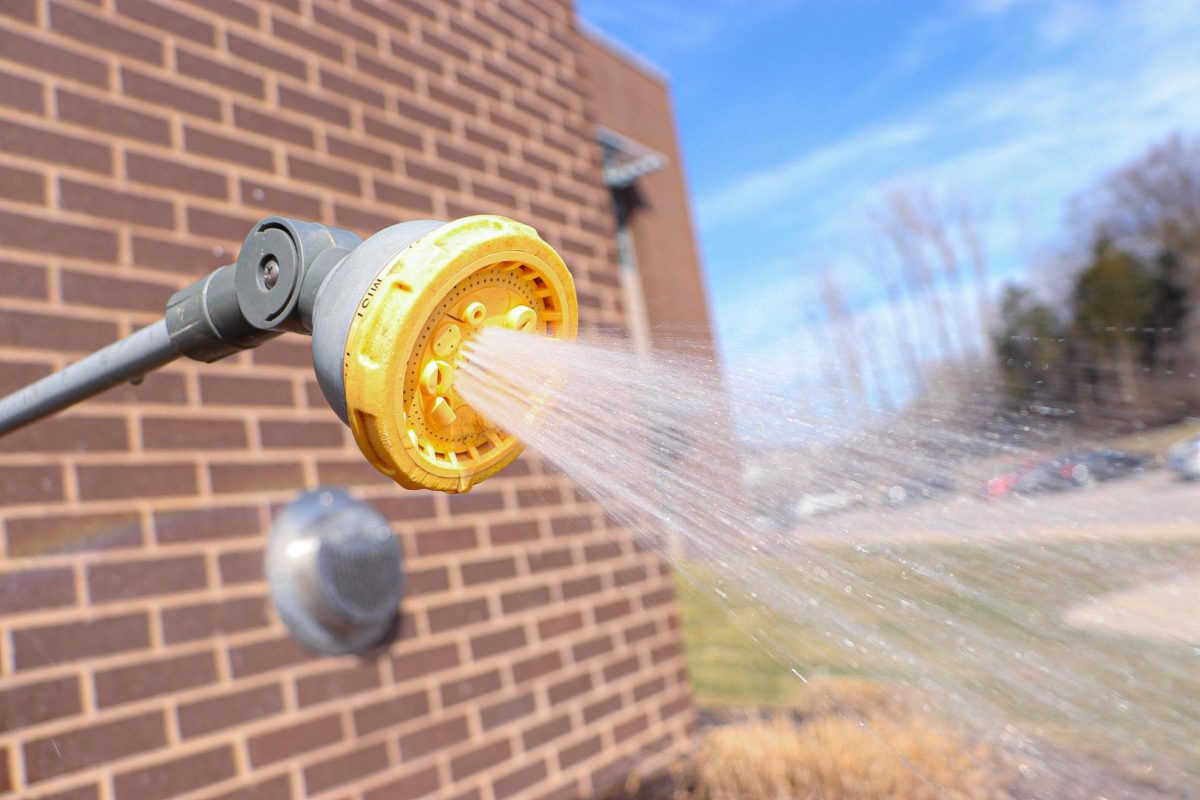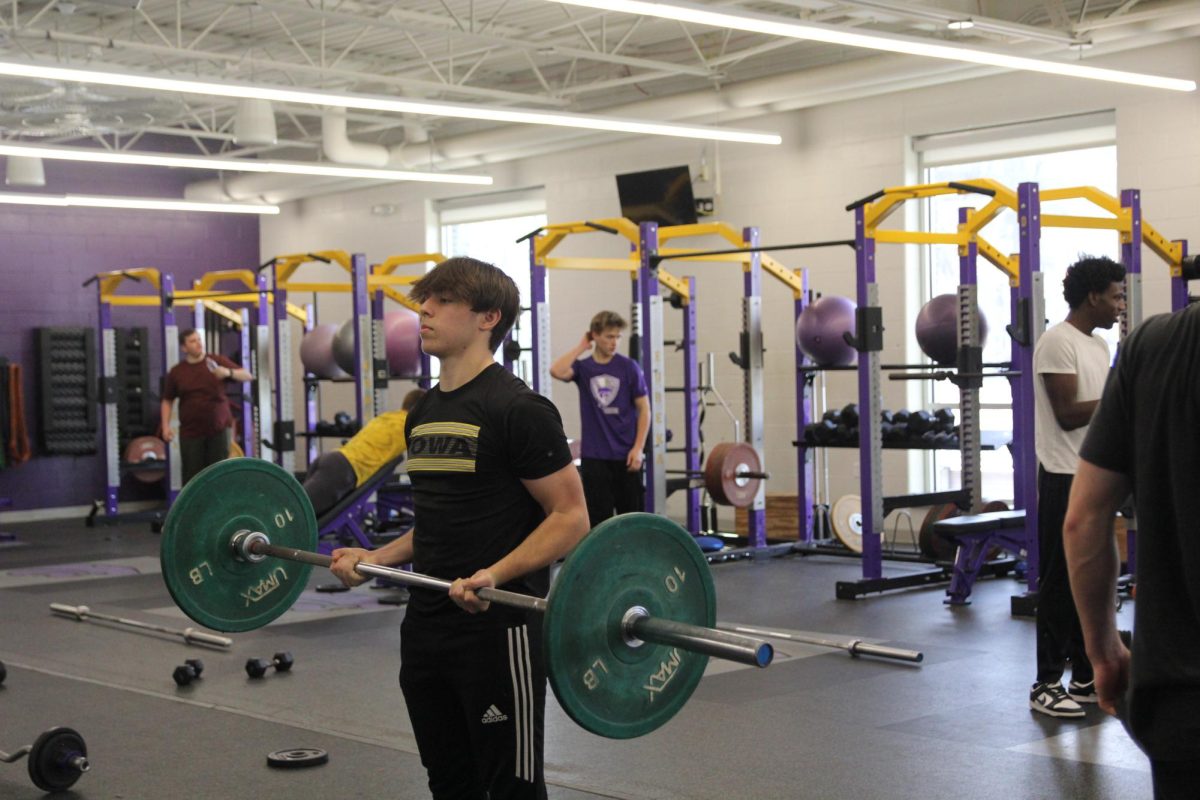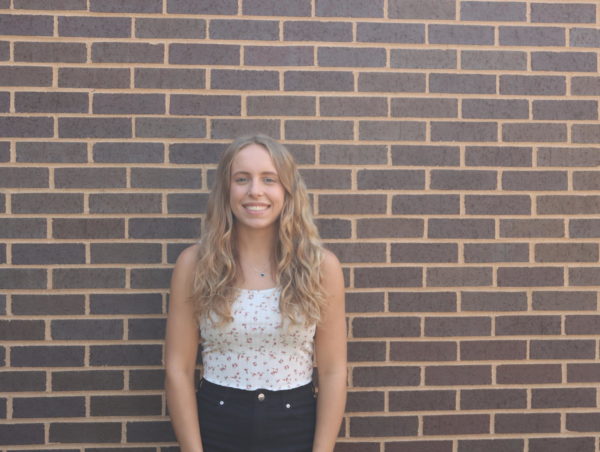At the start of this year’s second semester at Eureka, new classroom expectations were set for Eureka students. Expectations for technology use were emphasized, with the new standard being that phones and earbuds should be put away and Chromebooks should remain at 45 degrees unless otherwise permitted by a teacher. Eureka Head Principal Dr. Corey Sink said that the aim of the policy is to ensure that all students are able to learn at higher levels.
“We’re trying to really just put the focus back on deepening learning for students and taking away the distraction or the trigger of technology being something that we always have to be in constant communication and touch with,” Sink said.
Sink traveled to classrooms at the start of the semester to discuss the new expectations with students.
“We thought a lot about how we were going to communicate this because it can go really, really bad if you don’t communicate it in the appropriate way,” Sink said. “Because, you know, everyone’s gonna have an opinion.”
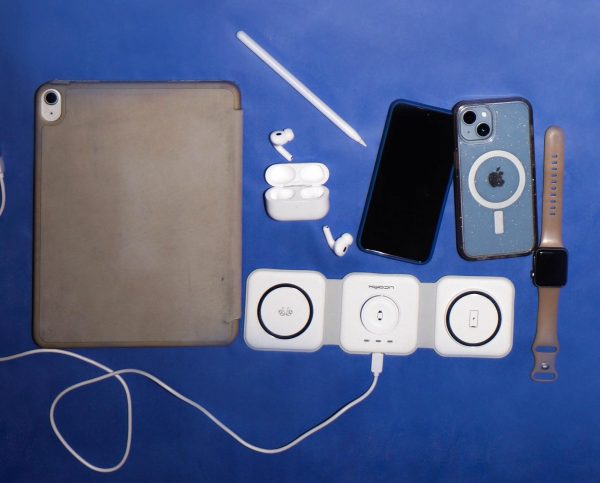
Sink explained that many students and parents, upon learning about the policy, had a similar concern.
“I think there was a misconception that we were going to take phones from students. That’s where students and parents may have misunderstood the communication. They saw it as an issue with having access to your phones as a safety piece too,” Sink said. “We don’t want to do that. That was not ever the intent.”
History teacher Mrs. Annie Schoessel does not see the policy as a drastic change for students.
“It’s something I was already doing in my class anyway,” Schoessel said. “So it’s not a whole lot different, but I like that it’s a school-wide policy so that there’s consistency for kids and teachers.”
Though Schoessel had previously set the expectation that phones and earbuds were put away in her classroom, she made sure to reemphasize the policy to each of her classes at the beginning of the semester.
“The very first day of second semester, I just went over that poster that we have, I kind of just verbally reminded them with ‘hey, guys, this is your general everybody warning,’” Schoessel said. “Occasionally, at the very beginning of class, I have to remind kids, but so far, it’s not really an issue in my classes.”
Eureka student Cole Nemkovich, 11, wasn’t expecting Eureka to implement a phone policy.
“It kind of came out of nowhere it felt like,” Nemkovich said. “But I also understand that in a lot of classes, when there are people who don’t pay attention and are on their phone, it takes away from class time.”
Nemkovich feels that the policy’s expectations were already standard for him.
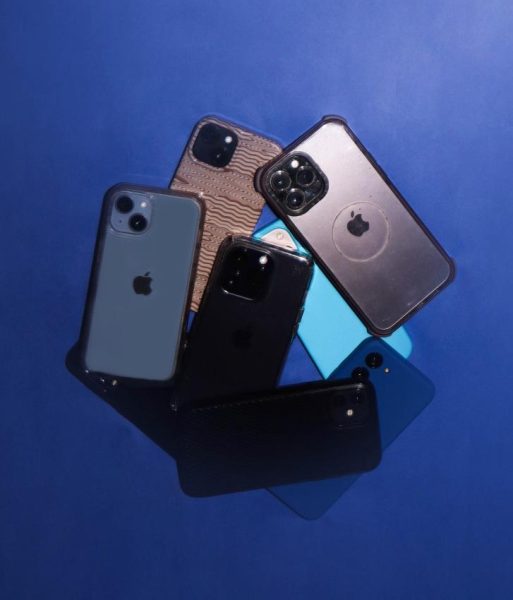
“Unless we were given free time, I wouldn’t really go on my phone anyway,” Nemkovich said. “When they [teachers] are teaching and they’re talking or giving you assignments, you should be paying attention, not on your phone.”
In general, Nemkovich has noticed a change for the better.
“I feel like in some classes where people wouldn’t pay attention as much and they’d be on their phones, they’ve been able to give more time to those classes, and typically, those classes are the classes they need more help with,” Nemkovich said.
The policy was a controversial topic at Eureka as it began to be implemented. Unlike Schoessel and Nemkovich, some students were upset by the policy. Eureka student Ella Heisel, 11, was one of the students who did not have a positive reaction to the policy.
“I was kind of annoyed because I feel like it’s not that big of a problem,” Heisel said. “People who aren’t paying attention are probably not going to start paying attention just because they don’t have their phone.”
Heisel’s view, however, has changed from her initial reaction.
“I feel like it [the policy] has been beneficial,” Heisel said. “There has been some more focus, and I feel like more engagement in class with things like raising your hand and answering questions rather than just sitting at the back of the class.”
Sink hopes that eventually phones can be integrated into the classroom in a way that deepens learning.
“We want phones in the classroom and all this technology in the classroom. I don’t think that we’re quite there yet. That takes work,” Sink said. “I also don’t want this to be all of a sudden, we’re not growing students’ skills that we know are part of your world. Technology is a part of life. But how do we use it in the right ways?”
Schoessel believes that these expectations prepare students for their future.
“Anywhere you work, there are going to be rules and expectations and you’re going to be expected to follow them,” Schoessel said. “They’re not going to care about what your opinion is. I think also, it’s probably good to distance all of us from our phones a little bit because I think we’ve become reliant and obsessed with them.”
Heisel shared a similar sentiment.
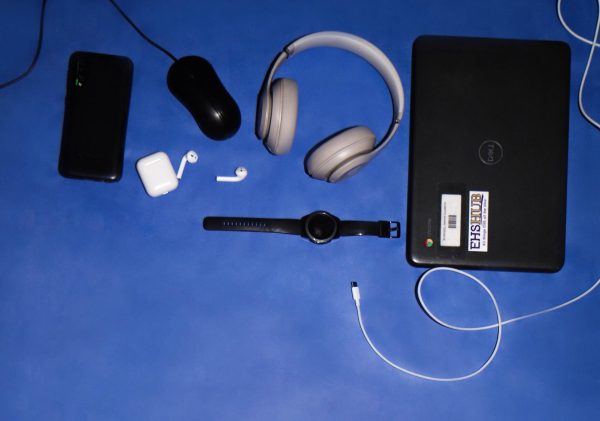
“I feel like in the real world, you can just be on your phone whenever you want, but [the policy] could maybe help with restraint from people in their workspace going on their phone and getting distracted,” Heisel said. “But you’re still always gonna have that option in real life.”
Overall, Sink doesn’t want students, parents, or staff to view the policy as a negative thing.
“I hope that folks are seeing the reason why. It’s about learning,” Sink said.“I’m a huge believer in technology. We just have to use it for the right purpose.”


